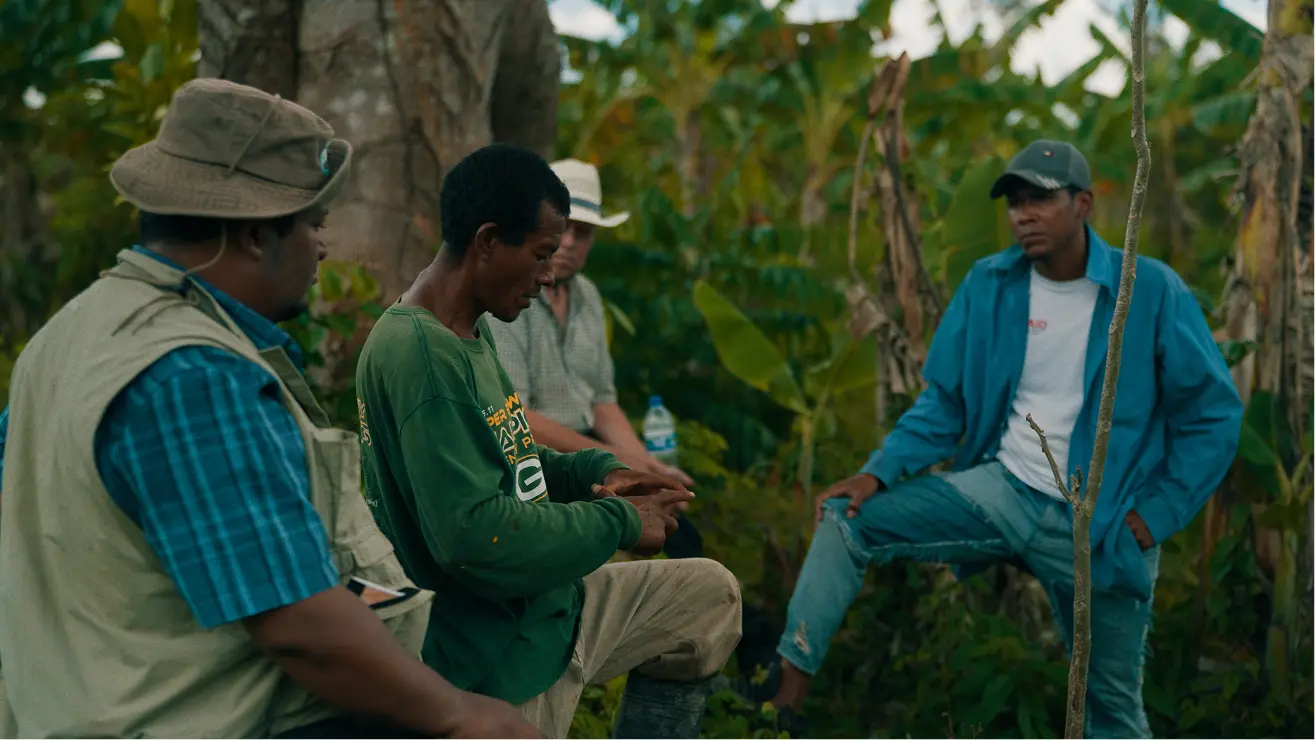Paskaia - La Mosquitia
La Mosquitia, in northeastern Honduras, holds the country's last major rainforest. Centuries of logging and frequent wildfires have turned much of its pine forest into treeless savanna. Paskaia works to reforest and restore the degraded lands with native species. Co-designed with the indigenous Miskito community, the project aims to reduce vulnerability to climate change and extreme weather while building economic resilience.

CARBON Removal Method
Reforestation
REMOVAL TYPE
Nature based
Location
Honduras
Launched
2020
Vintage year
2023-2024
REGISTRY
Plan Vivo
About the project
La Mosquitia, in northeastern Honduras, partners with the indigenous Miskito communities to restore degraded pine savannahs that typically burn in wildfires several times a year. By employing local fire brigades to control wildfires and integrating mahogany and cedar agroforestry on family-owned farmland, the project generates high-quality carbon credits that sustain rural livelihoods.
Working with researchers from leading universities in Sweden and Australia, Paskaia has partnered with MASTA, the territorial authority of local indigenous groups to co-design an approach that involves marginalised groups in every decision. The project reforests and restores degraded lands with native species, while working to ensure community empowerment and lasting environmental impact.
After the Miskito had regained collective title to their lands, Magnus Bergström was in La Mosquitia salvaging sunken logs that, after each rain, jammed rivers and cut villages off. Honduran law demands any exported timber be replaced, so mahogany and cedar were planted around churches, clinics and schools. When those seedlings thrived, the community turned to scaling up the return of the whole forest. Restoring thousands of hectares required serious capital—sparking the idea of funding large-scale, community-led recovery through high-integrity carbon offsets.
“Now we have a shared vision as a people… to bring back the pines.”
– Charles Alexander Wood, Miskito project participant

Company story
Paskaia is a Sweden-based nonprofit organisation whose name means “building for the future” in the Miskito language. Paskaia envisions a thriving, sustainable future for the indigenous Miskito communities of La Mosquitia, Honduras. Through high-quality carbon credits, community-driven restoration, and sustainable agroforestry, they transform degraded landscapes into flourishing ecosystems. By building capacity in the local area with stable incomes, improved food security, and community-led stewardship, they hope to create lasting resilience against climate change.
Highlight
Paskaia began with the Miskito people’s wish to restore their land, reviving a vast connected landscape and turning barren savanna into forest. Co-designed with researchers, a rotating fire brigade provides jobs and income so every willing family benefits. The project’s structure directs 61 % of carbon-credit revenue back to local Miskito communities for wages and village projects, ensuring biodiversity gains translate into lasting social benefit.
The Mosquitia pine-savannah initiative is certified by Plan Vivo.

Talk to a carbon removal specialist.
Finding the right way to remove your CO₂ emissions can seem overwhelming.
Our team is here to help.


